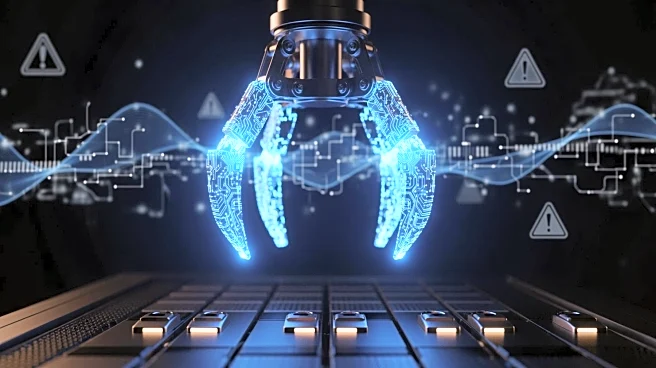By Philip Blenkinsop
HORSENS, Denmark (Reuters) -The European Union is seeking to coordinate with the United States and other G7 partners a response to tighter Chinese controls on the export of rare earth
minerals, trade ministers and officials from the bloc said on Tuesday.
China, the world's largest rare earth producer, dramatically expanded controls last week, adding new elements, refining technology and extra scrutiny for semiconductor users ahead of planned talks between Presidents Donald Trump and Xi Jinping.
European Trade Commissioner Maros Sefcovic called the measures unjustified and said EU ministers meeting in Denmark to discuss trade issues described them as a "critical concern".
Previous Chinese controls announced in April caused shortages around the world, such as for carmakers, before a series of deals with Europe and the U.S. eased the supply crunch.
Sefcovic said G7 finance ministers were likely to discuss options on Wednesday and added he had discussed the issue with U.S. Commerce Secretary Howard Lutnick.
"We brainstormed yesterday that it would be advisable after this first discussion to have a G7 video call pretty soon," he said before the EU ministers' meeting.
Sefcovic said he was also likely to speak to his Chinese counterpart early next week.
Danish Foreign Minister Lars Rasmussen said the EU needed a united and "tough" response and to flex its muscles as "the world's biggest trading bloc".
"But we also need to be realistic. This is actually an area of common interest with our friends in the U.S. If we stick together we can much better pressure China to act in a fair way," he said.
Trump's immediate response was to threaten China with 100% tariffs, sparking a Wall Street sell-off.
Rasmussen did not favour tariffs, advocating instead frank and open discussions with Beijing.
Sefcovic also said that coordination with G7 partners could take the form of seeking to diversify supply, such as advancing joint projects to extract or process critical minerals.
"Of course these projects take time, but with this signal we got from China it's clear we have to focus on accelerating these processes as much as possible," he said.
(Reporting by Philip Blenkinsop; Editing by Susan Fenton)









